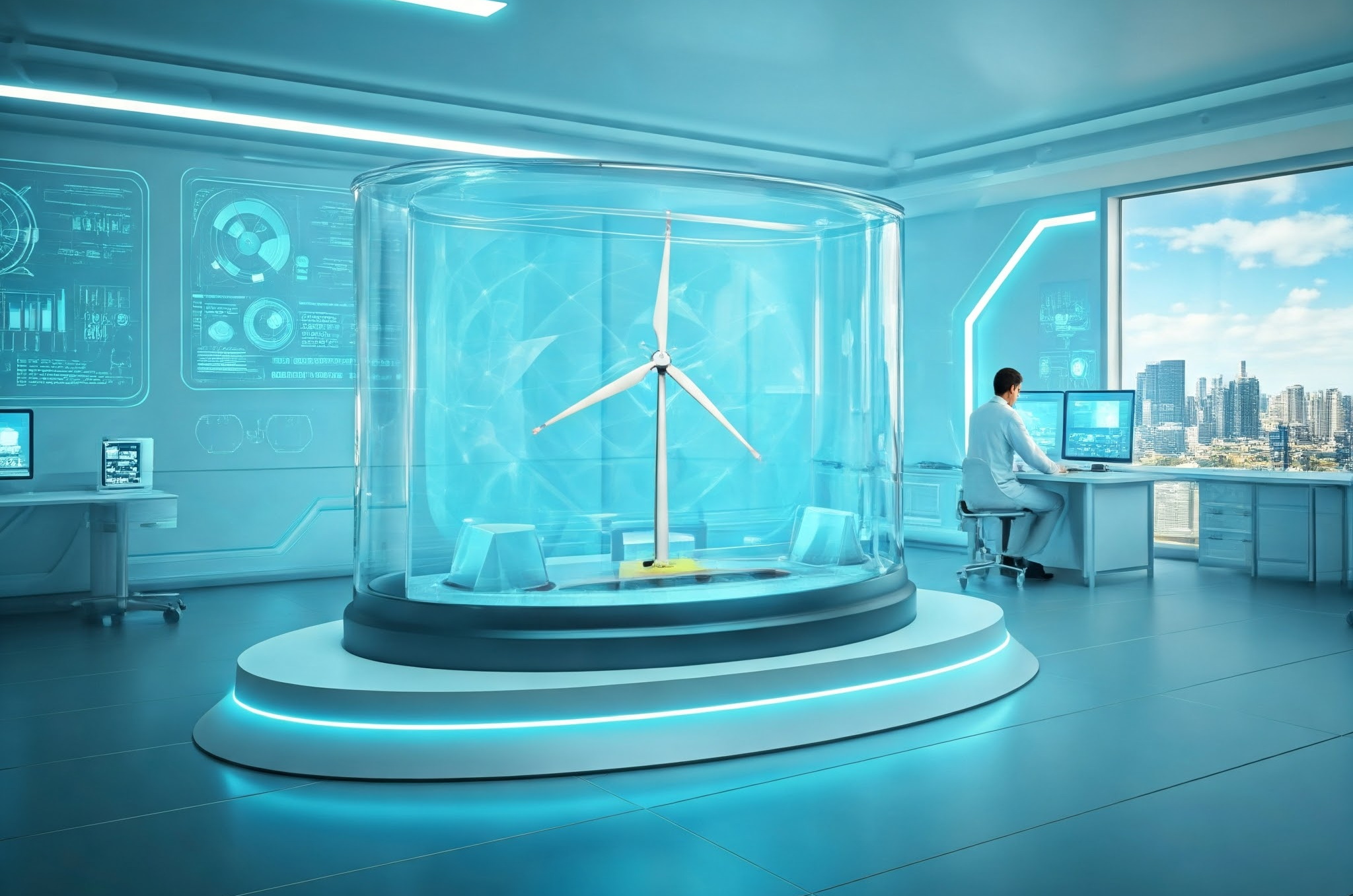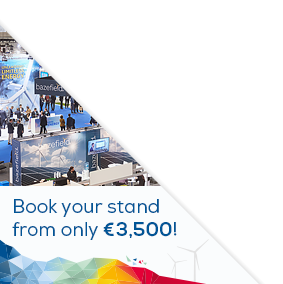AI4Blades Challenge
Concept
We challenge you to come up with your own idea and research question!
We are launching a challenge offering participating teams a unique opportunity to work with the KI-VISIR dataset to develop their own ideas and research questions by working with this data. The data is provided free of charge and questions to be answered will be defined by the teams. Potential projects might tackle AI based image processing, detection of thermal turbulence patterns, matching visual and thermal images, and deriving turbine performance insights.
Each team will need to submit their work for review by a jury. The three best submissions will be invited to present their work during the WindEurope Technology Workshop 2025 (19-20 June 2025, Istanbul). The Jury will announce the winning team during the event.
Goals of the exercise
- Foster innovative AI and machine learning solutions in renewable energy;
- Encourage collaboration between students in AI, data science, engineering, and wind energy fields;
- Provide a hands-on opportunity to work with real-world data for cutting-edge research;
Each team will need to come up with their own idea and research questions.
Objective of the exercise:
Participants are encouraged to explore a wide range of applications using the dataset. Potential tasks include, but are not limited to:
- Training AI models to detect thermal turbulence patterns (TTP) and surface damage on rotor blades;
- Matching visual and thermal images to study the effects of leading-edge erosion and turbulent flow;
- Deducing additional parameters or insights relevant to turbine performance, maintenance, or aerodynamics using AI techniques.
Prize
A cash prize of €3,000 will be awarded to the winning team!
Timeline
- January 2025: publication of the dataset;
- 31 March 2025: deadline for application of the teams and submission of abstract/proposal;
- By mid-May 2025: three finalist teams to be invited by WindEurope to present their work in a session at the Technology Workshop on 19 June 2025 (one presenter per team);
- 19-20 June 2025: presentation of three finalists at the WindEurope Technology Workshop in front of an audience and the jury. Jury to make selection and announce the winners at the event.
What is the KI-VISIR dataset?
The KI-VISIR dataset, created by BAM1, includes over 2,200 high-resolution visual images and 1,200 thermograms from operational wind turbines. The dataset, collected under real-world industrial conditions, is designed to support AI-based innovations in wind turbine rotor blade inspections. To summarise, it is:
- A series of visual and thermal images;
- Verified by an internal audit for quality assurance;
- Images of 30 turbines across Europe, from different wind farms, different operators, different types and models but anonymised;
- Each turbine has been photographed only once so no time lapse;
- The data is organized and structured in folders;
- A first AI annotation has been done identifying “things” (anomalies) on the blades;
- The data is available for use for free by academics and industry;
- No conclusions have been made based on the data so far.
1 BAM (Bundesanstalt für Materialforschung und -prüfung) is a senior Scientific and Technical Federal Institute with responsibility to the Federal Ministry for Economic Affairs and Climate Action in Germany.
Jury and judging criteria
A jury comprising leading experts from both industry and academia will evaluate the submissions. It will assess creativity, technical excellence, the application of AI models (if applicable), and the potential impact of the solutions. All submitted works will be reviewed and judged according to the below criteria:
- Degree of innovation compared to conventional inspection methods and their information content;
- Technical complexity of the question and the answer worked out on the basis of the data set provided;
- Industrial relevance and applicability including potential business cases;
- Quality of the live presentation to the jury and of an elaborate scientific publication.
Submission requirements
An ‘extended abstract’ of maximum 5 pages including text, figures, tables, etc. should be submitted for the summary, highlighting the following:
- The research question;
- The approach;
- The current state of the work; and
- The expected result when the results are presented in June.
Deadline for submissions of the extended abstracts is 31 March 2025.
Final event
The finalists will be asked to present their work in a dedicated session during the WindEurope Technology Workshop in June 2025. This session will provide a platform for participants to showcase their work to industry leaders and peers. The jury will be there to evaluate the finalists and announce the winners at the event.
Do you have a question?
Contact the Conference Team at:









